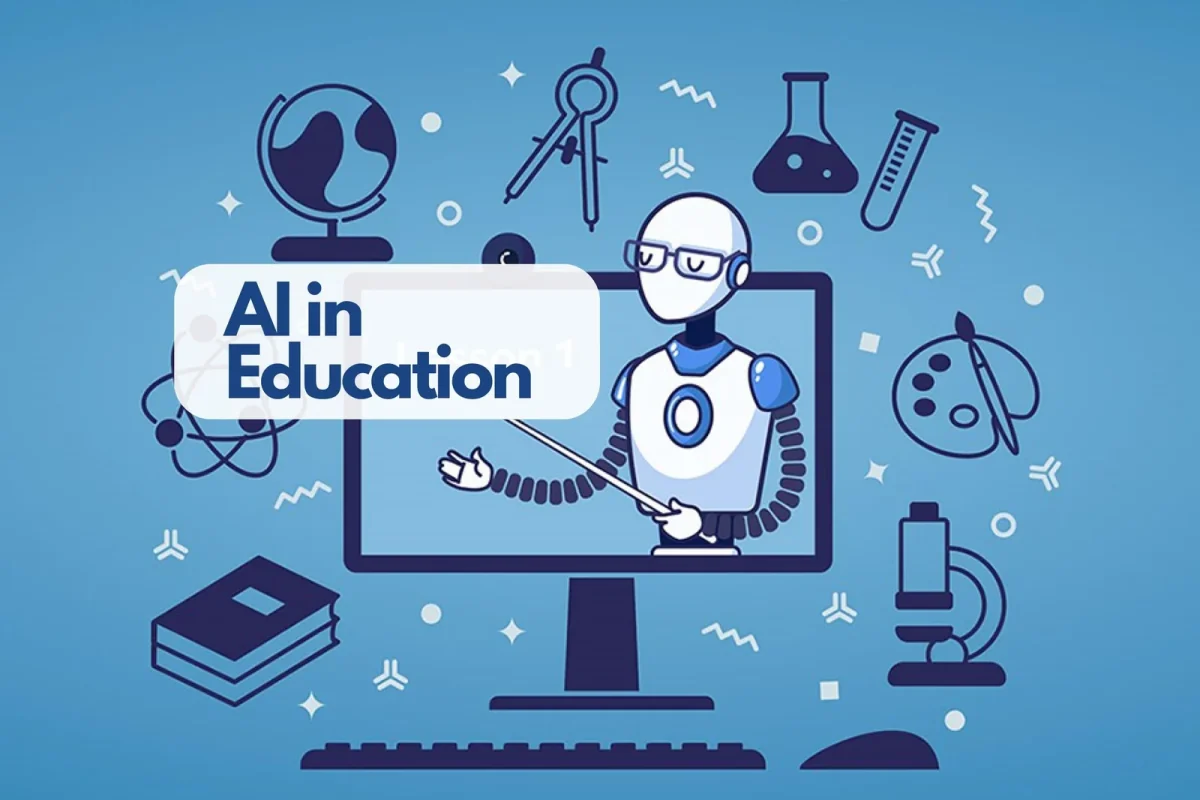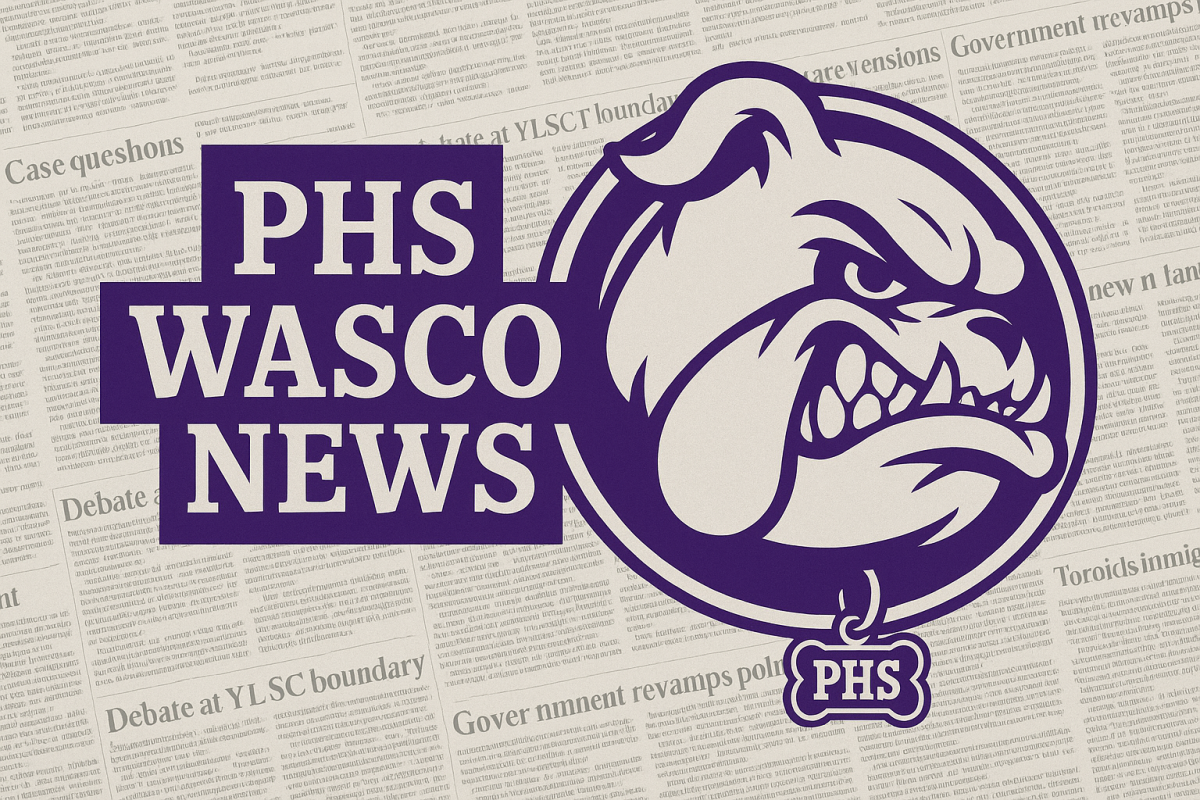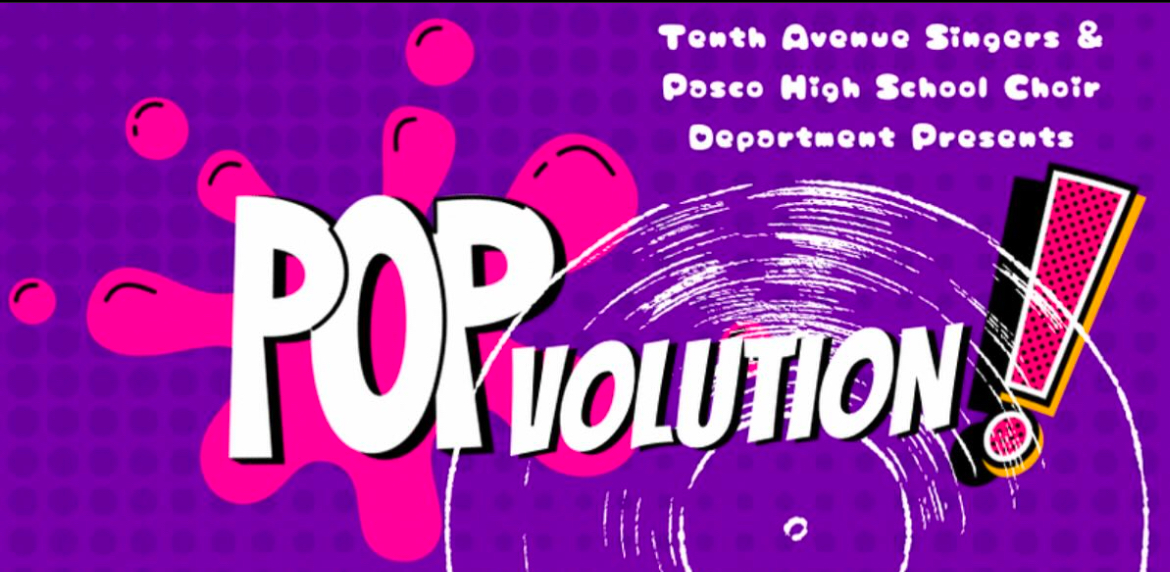The use of artificial intelligence (AI) in education has been on the rise in recent years, offering new opportunities for personalized learning and automation of routine tasks. However, as AI becomes more prevalent in the classroom, questions are being raised about the potential impact on students and the broader education system. One of the most pressing issues is whether students should be allowed to use AI tools in class.
AI can be helpful in class in several ways:
-
Personalized learning: AI can analyze a student’s performance and provide customized lessons and feedback, helping them learn at their own pace and focus on areas where they need the most improvement.
-
Automated grading: AI can grade assignments and provide instant feedback, freeing up teachers to focus on more complex and creative aspects of teaching.
-
Language learning: AI-powered language learning tools can provide personalized lessons and feedback on pronunciation, grammar, and vocabulary.
-
Accessibility: AI can help students with disabilities by providing assistive technologies like text-to-speech or speech-to-text, making learning more accessible.
-
Engagement: AI-powered educational games and interactive activities can make learning more engaging and fun, helping students stay motivated and focused.
While there are concerns about the potential drawbacks of AI in education, such as privacy and equity issues, its potential benefits make it a promising tool for enhancing teaching and learning in the classroom.
While there are concerns about the potential drawbacks of AI in education, such as privacy and equity issues, its potential benefits make it a promising tool for enhancing teaching and learning in the classroom. However, it is important to approach the use of AI in education with care and consideration for potential risks and challenges.
One concern is that AI may widen existing educational inequalities if it is not implemented with equity in mind. For example, if AI-powered tools are only available to students in well-funded schools, it could exacerbate the digital divide and leave behind students in under-resourced communities. Additionally, AI systems can unintentionally perpetuate biases if they are trained on biased data, leading to unfair outcomes for certain groups of students.
Another concern is around privacy and data security. AI systems often rely on collecting and analyzing large amounts of data, which can include sensitive information about students. Ensuring the privacy and security of this data is essential, and there must be clear policies and guidelines in place to protect students’ information.
To address these concerns, it is important to take a thoughtful and responsible approach to implementing AI in education. This includes involving stakeholders such as teachers, students, and parents in decision-making processes, conducting ongoing monitoring and evaluation to identify and address any potential issues, and ensuring transparency and accountability in the use of AI systems. By addressing these concerns proactively, we can harness the power of AI to enhance education while minimizing potential risks and challenges.
Information found by “pi.ai”.







